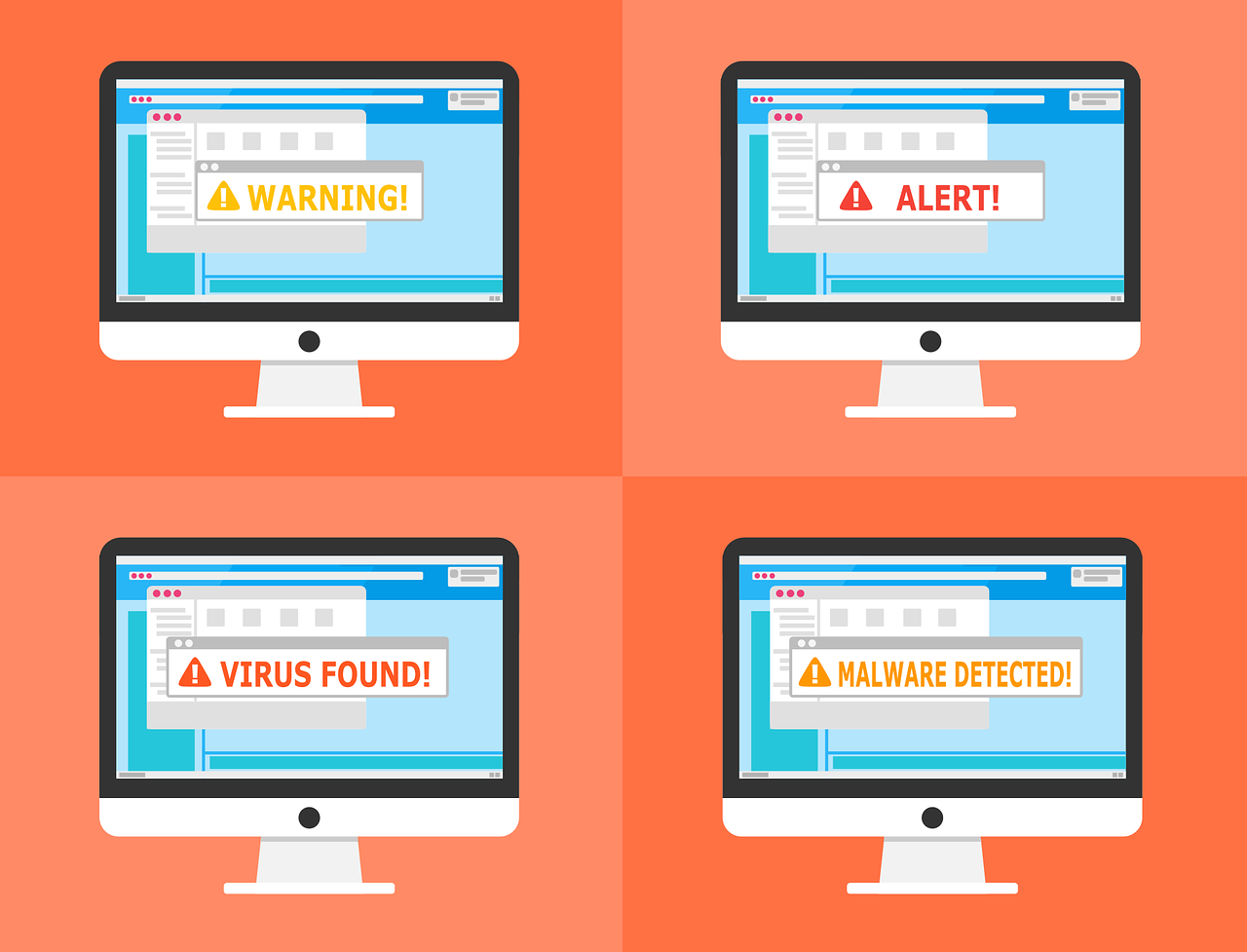
24 November 2023
What is adload?
Adload refers to an installer of various additional malware or potentially unwanted programs (PUPs) that aim to achieve the following:
-
Redirect users to potentially malicious websites and/or insert rogue advertisements into the web page to generate ad revenue
-
Turn infected machines into bots to serve malicious actors’ aims, such as spam campaigns
Why should I care about adload?
Adware (software that generates revenue by generating online advertisements) is usually not inherently malicious and is nuisance-level at most. However, Adload is particularly invasive and persistent, slowing down your computer considerably and in some cases, collecting information about the infected system, such as your username. Adload is ever evolving, and different variants are being detected in the wild, including on multiple LSE users’ devices recently. Furthermore, Adload mainly targets MacOS systems, but Windows machines have also been infected; anyone can be a target!
How do I prevent my computer from getting infected?
Simple personal security measures go a long way.
-
Avoid downloading software from untrustworthy third-party websites. According to Microsoft, this is the most common way users get infected with Adload.
-
Keep your operating system and antivirus software up to date. Updates include security patches that will fix vulnerabilities on your devices.
-
Consider investing in Install antivirus software. Windows PCs come with Microsoft Defender AV installed. For extra protection, TotalAV, Norton and MalwareBytes all provide superb antivirus protection for both Windows and Mac operating systems. CleanMyMac is also a popular option for Mac users.
However, the most effective antivirus solution, which doesn’t cost any money, comes from yourself, the user! Antivirus solutions will notify you of any software that they deem suspicious, but they can’t catch absolutely everything – as always, think carefully about any programs you install on your device, and verify its legitimacy before doing so.
How do I know if I am infected?
Adload is known for its stealthiness. You can look for the following symptoms of infection:
What do I do if I detect Adload on my computer?
If you think your device has been infected, please run a full antivirus scan and remove any malicious items in quarantine.
If you need additional assistance, please contact email phishing@lse.ac.uk and tech.support@lse.ac.uk, or visit the IT walk-in centre on the first floor of LRB.